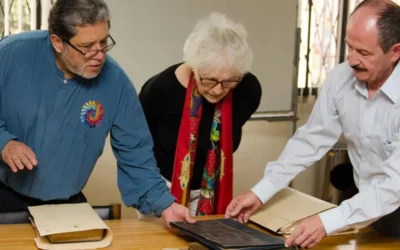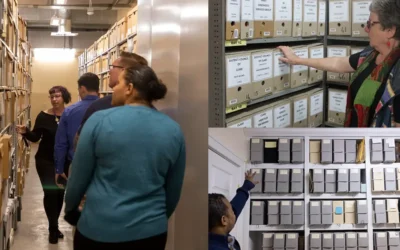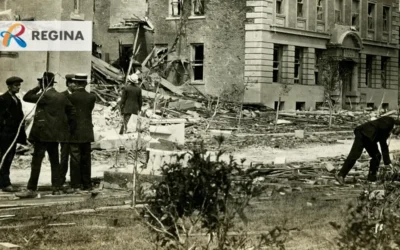Archival Project Scheduling Tips
Margot Note
Planning Questions
As you develop your project schedule, ask yourself the following questions:
- What’s the purpose of the archival project?
- Who needs to be involved?
- What will be the results?
- What constraints must be satisfied?
- What assumptions are being made?
- What work must be done?
- When does each activity start and end?
- Who will perform the work?
- Will other resources be needed?
- When will the project be done?
- How much time will it take?
- How much money will it cost?
- What are the risks?
- What resources are needed? How will they be obtained?
- When should the project be canceled?
Your responses lay the foundation of a project plan and schedule to build upon as you gather more information.
Don’t Rush Yourself
When developing the schedule for archival projects, avoid assigning aggressive start and finish dates. Although it’s usually better to pursue a schedule that completes the project quickly, compare the benefits of speed with its risks and potential consequences.
Fortunately, many projects aren’t time-critical. Few organizations are impacted critically if the schedule slips. Occasionally, a deadline is arbitrarily established to motivate the team. Keep that in mind while scheduling. As a project manager, question and push back on deadlines that seem unrealistic.
Avoid Backward Scheduling
A common mistake made by archival project managers is backward scheduling. Senior management sometimes mandates a deadline for the project. Project leaders then start with the end date and move backward through the schedule for all supporting work. This results in dates leading up to completion of the project that are often invalid.
With backward scheduling, the project team undermines the planning process by accepting the entire scope of the project with a definitive deadline. When a project has a fixed end-date, there is a tendency to try to compress the schedule to fit everything into the time available. Too often, it becomes apparent that the timing is impossible. Be realistic at the outset about your team can deliver. Productive time may only amount to four days a week, and it’s important to ensure that meetings, communication, and coordination are integrated into the schedule.
A far more successful approach is to plan the date your project ends; don’t let the date plan your project. Decide what the team can carry out within the timeframe and with the resources available. A firm end date derived from your realistic schedule creates a sense of responsibility for the project, gives the team something to work toward, and confirms that the archival project will conclude without dragging on indefinitely.
10% Padding
When scheduling, be practical with the days allotted to complete each aspect of the project. Build in flexibility to allow for delays. A good benchmark is to build in 10% extra for each step of the process.
If a project occurs over the winter or summer holidays, plan for less work to be completed. Allocate additional time to act as a buffer if the project falls behind schedule. Team members are motivated to catch up on their work if there’s a realistic expectation that it’s doable. By planning for the inevitable slowdown that occurs during the holidays or at other especially busy times for your organization, you ensure the team can get back on schedule without Herculean efforts.
Margot Note
Margot Note, archivist and consultant, writes blog posts for Lucidea, provider of ArchivEra, archival collections management software for today’s challenges and tomorrow’s. See more of Margot’s advice on running successful archival projects.
Similar Posts
Enhancing Collaboration; Methods for Archivists
Archivists can enhance collaboration through user-centric approaches and efficient processing methods based on customer service principles.
Navigating Selection in Archival Practice
The archival selection process is far from straightforward, given the limitations of long-term preservation and ongoing accessibility challenges.
Responsible Stewardship in Archival Practice
Responsible stewardship is a philosophy that guides the actions and decisions of archivists in safeguarding collective memory.
A Modern View of a City’s History via ArchivEra
Brief success story on City of Regina Archives’ use of ArchivEra to manage collections of legal, historical, administrative or financial significance
Hosting service
Enjoy all of the benefits of your Lucidea solution with secure, reliable, stress free hosting
Programs & incentives
No matter your size or budget, we’ve got you covered, today and tomorrow




Leave a Comment
Comments are reviewed and must adhere to our comments policy.
0 Comments